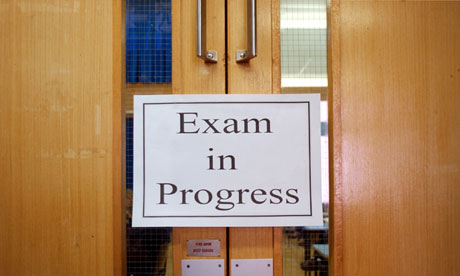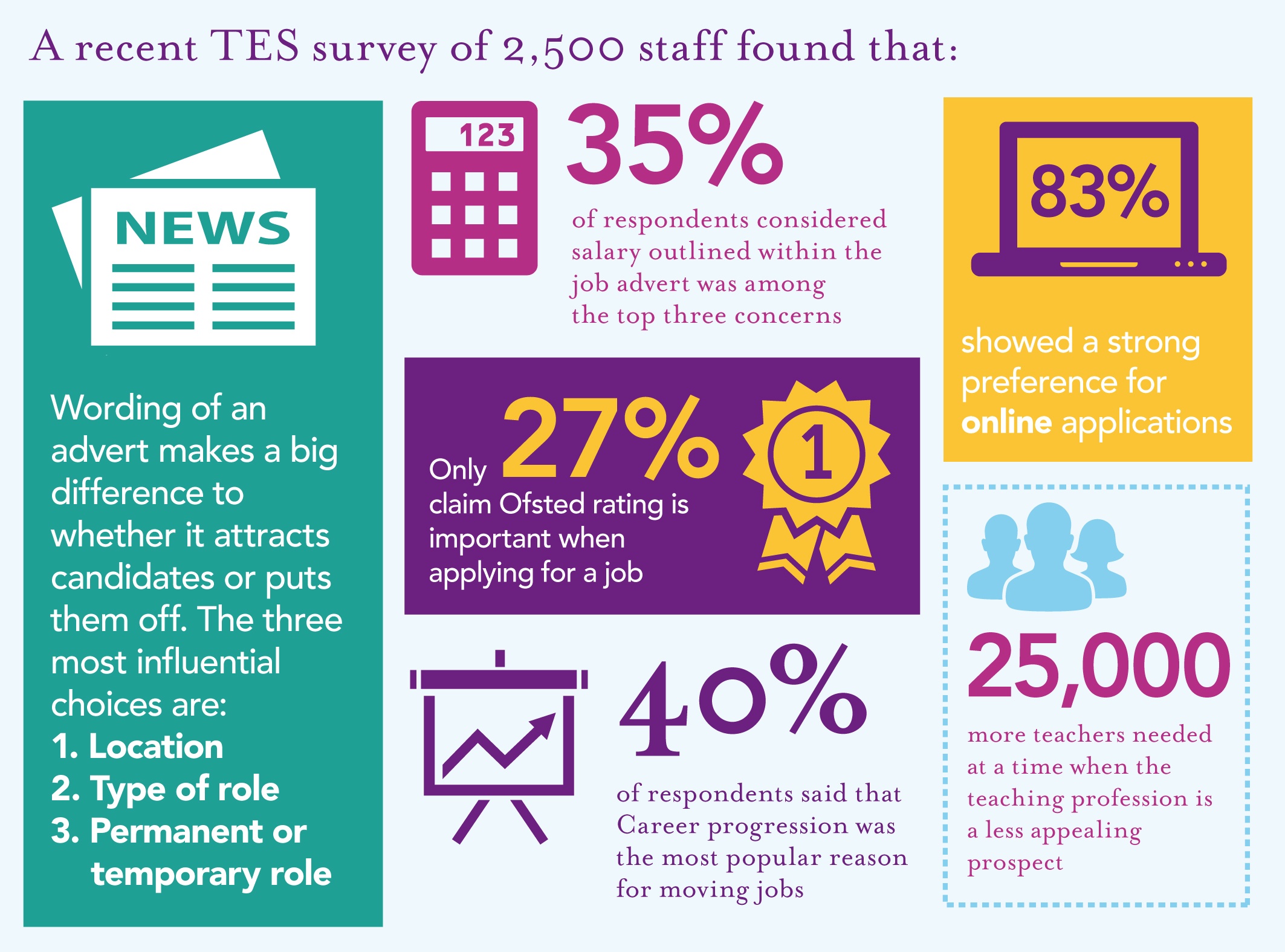High national A Level standards are once again maintained this year with a pass rate of 98.1% and 77.3% of students achieving the high A* to C grades.
Managing your message: what do your exam results say about your school?
The Department for Education has just released its Statement of Intent for the 2015 School and College Performance Tables. Here we address some of the key changes that will affect you.
Position Vacant: teacher vacancies on the rise for 4th consecutive year
The Department for Education is a veritable gold mine of statistical data for those who are prepared to wade through it. Much like a favourite childhood book of mine, ‘Where’s Wally’, the data can be both richly detailed and at times utterly frustrating. This week saw the publication of the latest school workforce data, a series of documents containing thousands of individual pieces of information relating to, amongst other things, teaching staff in schools.
Topics: Insider
Boris Johnson has said that every young person in London should have at least 100 hours of careers advice or work experience by the age of 16.
The Mayor of London was commenting following the release of a new report, 'London Ambitions: Shaping a Successful Careers Offer for all Young Londoners'.
Is your website up to scratch? Have you got scrappy worksheets? Have you communicated key messages to important stakeholders? Come September you’re going to need to know.
These are just a few of the issues highlighted in the latest keynote speeches and School Inspection Handbook. Change has been afoot at Ofsted for some time, and following a review Sir Michael Wilshaw, Her Majesty’s chief inspector, has recently announced three major changes to Ofsted’s approach:
-
Inspectors will now have a common inspection framework. This is to unify the lingo and judgements used for reporting across various types of provision.
- If you’ve been rated ‘good’ then visits will be more frequent – approximately every three years. They are now what is being referred to as a ‘short inspection’. These will be less intrusive, focus on the quality of leadership and aim to see if you continue to provide a good standard of education.
-
Each inspection will be led by one of Her Majesty’s Inspectors, who will now all be directly employed. And 70% of the Ofsted inspectors who accompany them will be existing practitioners from ‘good’ or ‘outstanding’ schools. There will be no more outsourcing. Nobody without classroom experience will be involved.
On top of these changes, hidden within the dusty depths of the new handbook, Ofsted outlines increased scrutiny of your public profile and communications. You need to publish the right information on your website. And you will need to prove key stakeholders understand your strategy for raising standards. Getting your communications right has never been more important.
The new inspection documents, including an ‘explaining the changes’ document, can all be found here.
What do you think about Ofsted’s changes? Is your school ready? Are you effectively engaging with your stakeholders? We want to know. Please do leave a comment – we’re looking forward to hearing your thoughts.
Topics: Ofsted
A costly business: schools spend up to £50,000 on headhunters for Headteachers
A recent article in The Guardian highlighted the desperate plight of schools when it comes to the recruitment of teachers and, more specifically, Headteachers. Using the example of a school in Mitcham, Surrey, creative recruitment methods including: a You Tube video, social media campaigns, press advertising and a higher salary offering, failed to result in applications for the role of Headteacher. The article goes on to claim that the situation is so bad that many schools are being forced to resort to expensive headhunting methods, with fees ranging from £15,000 up to £50,000. All this at a time when school budgets are being squeezed and the education sector is entering a severe talent shortage with fewer entrants to the teaching profession and the pressure on Headteachers greater than ever.
With this in mind, is it time for schools to start thinking differently when it comes to recruitment? Rather than placing the same old advert in the TES, how about starting to take some inspiration from the commercial world of recruitment? How about using more ‘untraditional’ media? Using podcasts and videos will help your message go viral. Could schools be recruiting more successfully if they had an internal recruiter? Perhaps sitting on their governing body? Or even offering incentives for referrals amongst teacher colleagues could be another way to bolster recruitment.
Rather than racking up a huge recruitment bill by having to advertise for the post numerous times, it’s time to start thinking creatively and approaching recruitment strategically. By acting collaboratively, either within the Local Authority or a Multi-Academy Trust, the benefits are far greater and the package for prospective teachers and Headteachers far more compelling.
How to recover from an education crisis in just 3 steps
Schools and education leaders are increasingly expected to take on the role of media guru and PR expert, with or without training. With some of the more sensitive challenges and crises facing school's these days, often linked to activity that has taken place beyond the school day, having a recovery plan in place is essential. Follow our three steps to protecting your schools brand and reputation should the worst happen.




